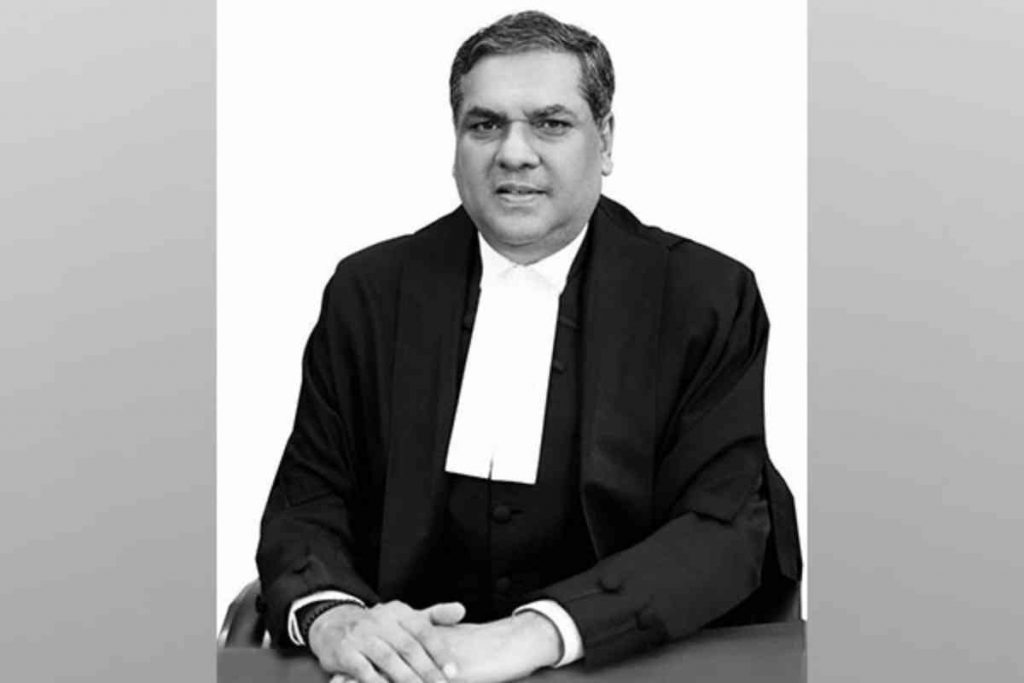Chief Justice of India (CJI) Chandrachud has formally proposed Justice Sanjiv Khanna, the second-most senior judge of the Supreme Court, as his successor.
In a communication to the Union government, Chief Justice Chandrachud stated that since he is demitting office on November 10, Justice Khanna would be his successor.
Upon approval by the government, Justice Khanna will become the 51st Chief Justice of India. He is set to serve a tenure of six months, concluding on May 13, 2025, before his retirement.
The letter is written as per convention where the retiring Chief Justice of India nominates the second-most senior judge a successor. The Union government then approves the recommendation.
Justice Chandrachud took over as the CJI on November 9, 2022. Judges of the Supreme Court retire by the age of 65.
Born on May 14, 1960, Justice Khanna enrolled as an advocate with the Bar Council of Delhi in 1983 and initially practised at the district courts at the Tis Hazari complex, and later in the High Court of Delhi and tribunals.
He was elevated as an additional Judge of the Delhi High Court in 2005 and was made a permanent judge in 2006.
Justice Khanna was elevated as a Judge of the Supreme Court on January 18, 2019.
Dhananjaya Yeshwant Chandrachud, born November 11, 1959, is an Indian jurist, who is the 50th and current chief justice of India serving since November 2022.
He was appointed a Judge of the Supreme Court of India in May 2016 and also previously served as the chief justice of the Allahabad High Court from 2013 to 2016 and as a judge of the Bombay High Court from 2000 to 2013.
CJI Chandrachud was educated at Delhi University and Harvard University and has practised as a lawyer for Sullivan& Cromwell and in the Bombay High Court.
He has been part of benches that delivered landmark judgments such as the electoral bond scheme verdict, the Ram Janmabhoomi verdict, the Sabarimala case, the same-sex marriage case and on revocation of the special status of Jammu and Kashmir.
